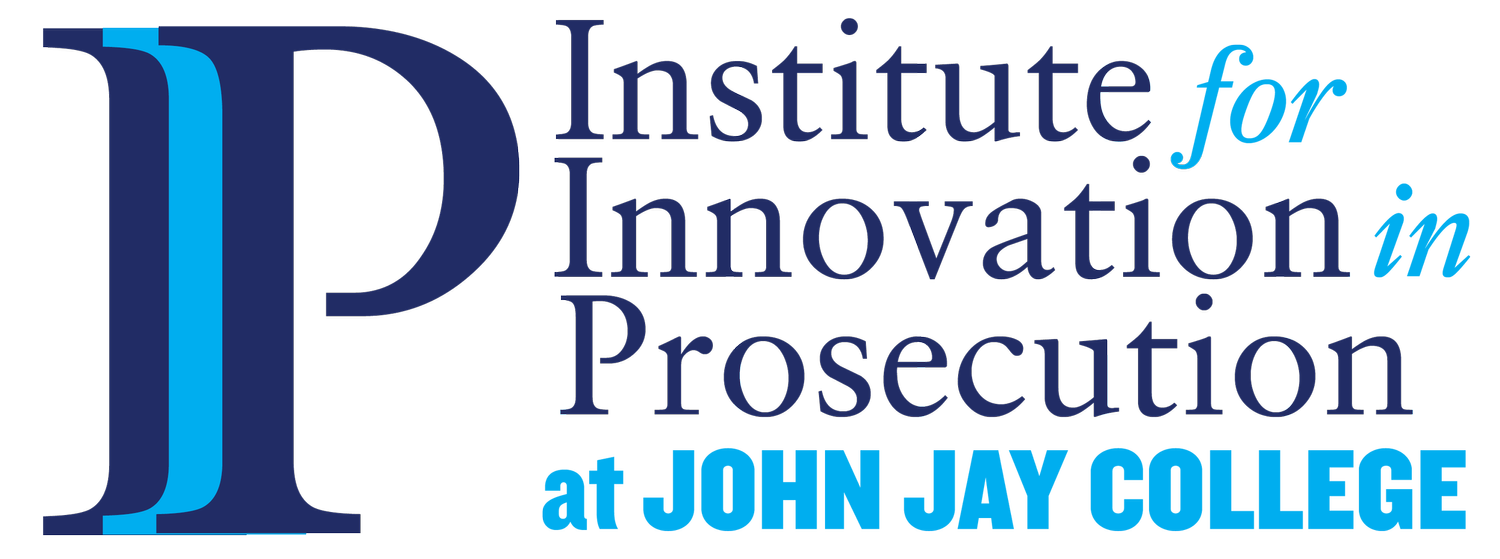Why Restorative Justice Should Be on Every Prosecutor’s To-Do List
ShanaKay Salmon | The Crime Report | May 01, 2019
As prosecutors across the country engage in a deep self-examination of their role in criminal justice reform, no idea has more potential to break the cycle of a historically unjust system than restorative justice.
Some American prosecutors, like Brooklyn District Attorney Eric Gonzalez, in partnership with Common Justice, have already begun to experiment with offering survivors of crime the chance to confront the person who has harmed them, which affords an opportunity for the person responsible for the harm to acknowledge his or her wrongdoing, listen to the needs of the harmed, and develop a route to accountability.
In restorative justice, accountability is a necessary precursor to forgiveness. That kind of accountability is not only reserved for people who have committed a crime, It’s crucial for prosecutors who want to build trust and legitimacy with the communities they serve—particularly in the wake of the crisis of mass incarceration and racial disparities in law enforcement.
To establish community trust, prosecutors must first do the hard work of acknowledging the harms their institutions have helped perpetuate.
In contrast to countries like Germany, Rwanda and South Africa, the U.S. has refused to acknowledge the horrors of our past and how such horrors have influenced our current systems. In fact, the U.S. has done the opposite, memorializing men who fought for their “right” to own slaves and regarded black persons as property, as well as erecting monuments and naming schools after slaveholders under the guise of “protecting history.”
As a nation, we have yet to identify—let alone remedy—the many ways institutional racism and systemic oppression have influenced how our system enacts “justice.” Communities of color have felt the constant sting of the power held by police officers, prosecutors and judges. Specifically, prosecutors have treated black and brown communities as inherently criminal, creating disparate outcomes to their white counterparts.
It’s time for prosecutors to recognize the traumatic impact that disparate treatment has had on these communities.
Although our country may not be ready to acknowledge our past, it is heartening that organizations like Bryan Stevenson’s Equal Justice Initiative (EJI) have highlighted the country’s violent past and its influence on our culture and institutions. In creating the Legacy Museum: From Enslavement to Mass Incarceration, and the National Memorial for Peace and Justice, EJI has shown a clear and direct connection between the oppression of African Americans and the over-incarceration and state violence committed against them.
The museum and memorial force us to critically assess the justice system’s role in committing racial violence and destroying communities’ sense of safety and trust in various systems.
As the chief local law enforcement officers in jurisdictions across the country, prosecutors have played a critical role in this history. A recent paper produced by the executive session of John Jay’s Institute for Innovation Prosecution explains that “every action that a prosecutor’s office takes is colored by this country’s historical record of oppressing racial minorities.”
In addition to the museums and memorials – necessary though they are – we must call upon the still-standing institutions that were vital to this violent legacy to undertake a kind of restorative justice.
Therefore, prosecutors must face the communities that they have harmed, and those communities must be given the opportunity to confront prosecutors who have caused them harm. Often, however, newly elected prosecutors rail against their predecessors’ actions without realizing that they are taking up the same mantle with the same power.
Pledging good intentions going forward cannot undo the past. Such promises alone are an obstacle to true justice. Imagine if a prosecutor were instead willing to acknowledge that their institution played a role in enforcing biased laws that had a decimating effect on large swaths of the community in their jurisdiction. This newly elected prosecutor may not have committed the sin, but he or she sits in the very seat where the power to commit those sins lives.
They can and must also analyze the racial history of their office’s policies, assess their impact on the communities they serve, be transparent about those findings, and develop corrective practices.
Given the increased interest in reparations in the 2020 presidential race and the introduction of Senate Bill HR40, prosecutors need to now determine where they fit within that conversation. This is not to say that reparations are the ultimate solution to addressing mistrust and harm with communities, but allowing themselves to enter the conversation could be a step in the right direction.
We cannot escape our past. By refusing to acknowledge the impact of centuries of systemic racism, we are condemned to repeat the same injustices. Building trust and faith between institutions and communities begins with humility.
To achieve true justice, prosecutors must be respected by the communities they serve. Prosecutors must ask for—not demand—forgiveness, if they can ever truly represent justice.
ShanaKay Salmon is project associate at the Institute for Innovation in Prosecution. She welcomes comments by readers.
Link to article: https://thecrimereport.org/2019/05/01/why-restorative-justice-should-be-on-every-prosecutors-to-do-list/
